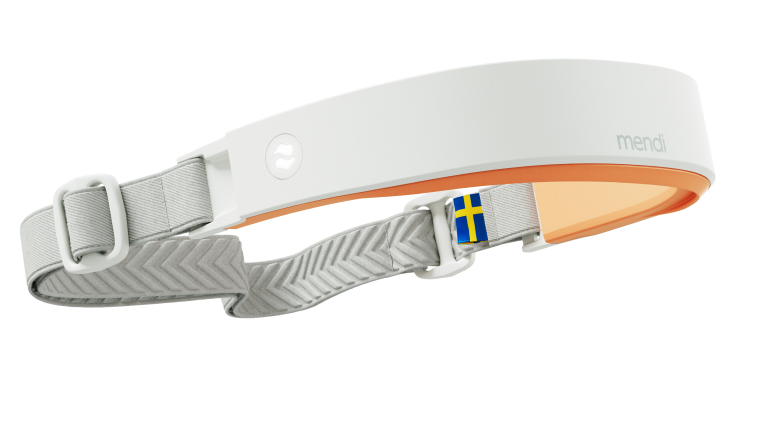Brain Health
The Power of Neurofeedback: New Research Highlights its Potential in Alzheimer’s Management

Alzheimer’s disease is a form of dementia that begins with loss of memory for recent events and progressively worsens, causing a host of disruptions including problems with language, emotional regulation, disorientation, and ultimately leads to death. Watching a loved one go through Alzheimer’s disease can be tragic and heartbreaking. Unfortunately, no cure currently exists
With Alzheimer’s disease, there is a buildup of beta-Amyloid plaques around cells in the brain and neurofibrillary tangles within the cells. However, science is still trying to understand whether these “plaques” and “tangles” are what cause the disease, or if they are the brain’s attempt to ward it off.
Although the cause of the disease is not yet known, understanding the risk factors can give us a better chance of staving it off. Some common risk factors include smoking, diabetes, physical inactivity, and obesity. Staying sensitive to the fact that lifestyle changes come with more challenges for some than others, the good news here is that we have control over some of these factors. For example, research shows that physical activity improves cognitive function by decreasing inflammation and increasing neuroplasticity and neurogenesis. This may help delay the onset of the disease or even prevent it. Remaining mentally active and getting adequate sleep may also help postpone the onset of Alzheimer’s disease.

It is important to note that some factors are out of our control, like genetics. However, research shows that lifestyle choices can help postpone the onset of the disease, regardless of which genes you have.
Although some drug treatments may temporarily improve symptoms of the disease, there is currently no known cure for it. Additionally, some drug treatments can expose individuals to risk and negative side effects.
Because of this, some scientists are starting to explore neurofeedback as a potential treatment to help ward off cognitive impairment in old age. For instance, certain EEG waves have been linked to mild cognitive impairment (an early symptom of Alzheimer’s disease); that is, an excess of theta wave activity during relaxed wakefulness. Based on this premise, one study asked older adults who reported complaints of memory loss (and showed excessive theta wave activity as measured by EEG) to participate in 30 neurofeedback sessions over a few months. Compared to the control group, the experimental group showed improved EEG values, as well as improved verbal processing.
In a different experiment, researchers recruited healthy older subjects showing early signs of Alzheimer’s disease to participate in an experiment that used real-time fMRI neurofeedback. Following neurofeedback training, participants showed increases in visuospatial memory relative to a control group. They also showed increased activity in certain brain areas known to be involved in mental imagery.

The bottom line here is that neurofeedback holds potential as a low-risk option to target the cognitive impairment that is seen in early Alzheimer’s disease. However, neurofeedback is a growing field, and there is plenty of research left to be done. Right now, we can’t make any definitive conclusions about neurofeedback as a treatment or cure for Alzheimer’s disease, as no cure currently exists.
What we do know is that there are certain factors beyond genetics that we have control over. Staying mentally active is one of them. Science shows that challenging your mind and staying mentally active help preserve your cognitive reserve (that is, your brain’s ability to access and use all of its capabilities). Anything you can do to keep your brain healthy and sharp will benefit you in the long run.
- Experience your brain, improved
- Natural & risk free training
- Can (and should) be used by everyone
Get your Mendi now
Take your first step towards a healthier brain, improved focus, and mental resilience.
